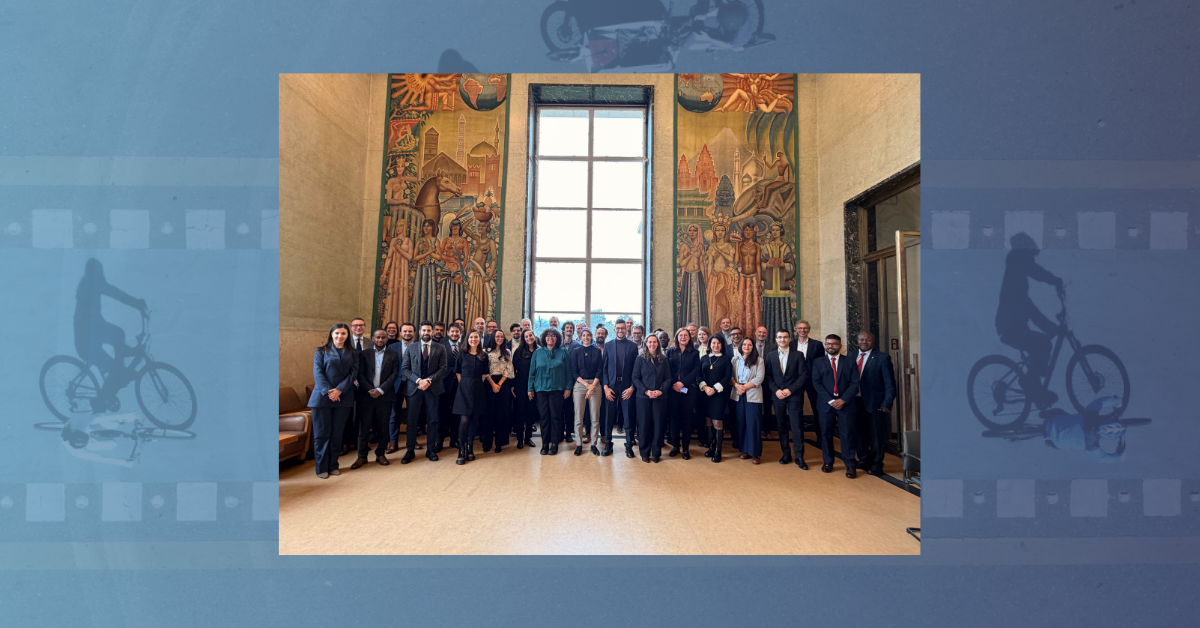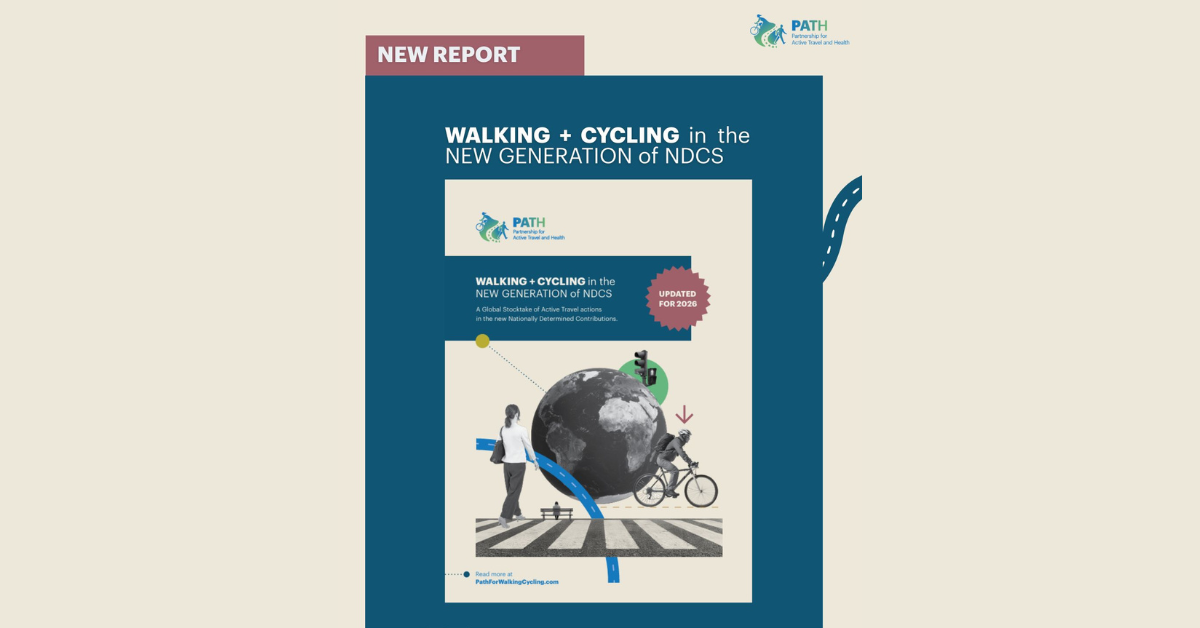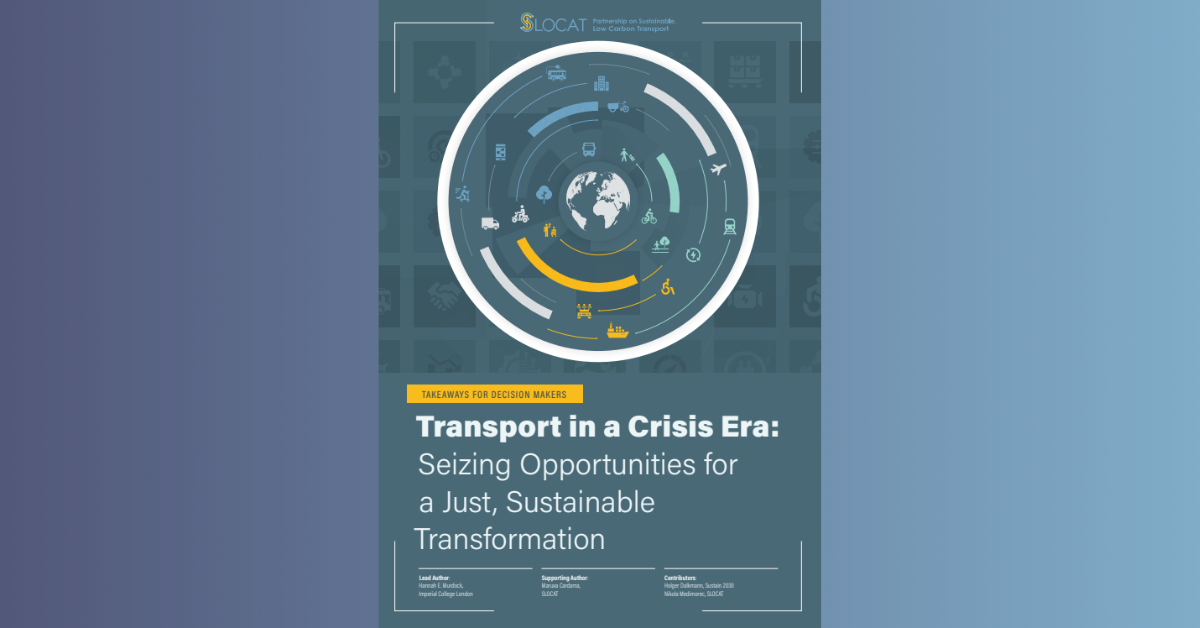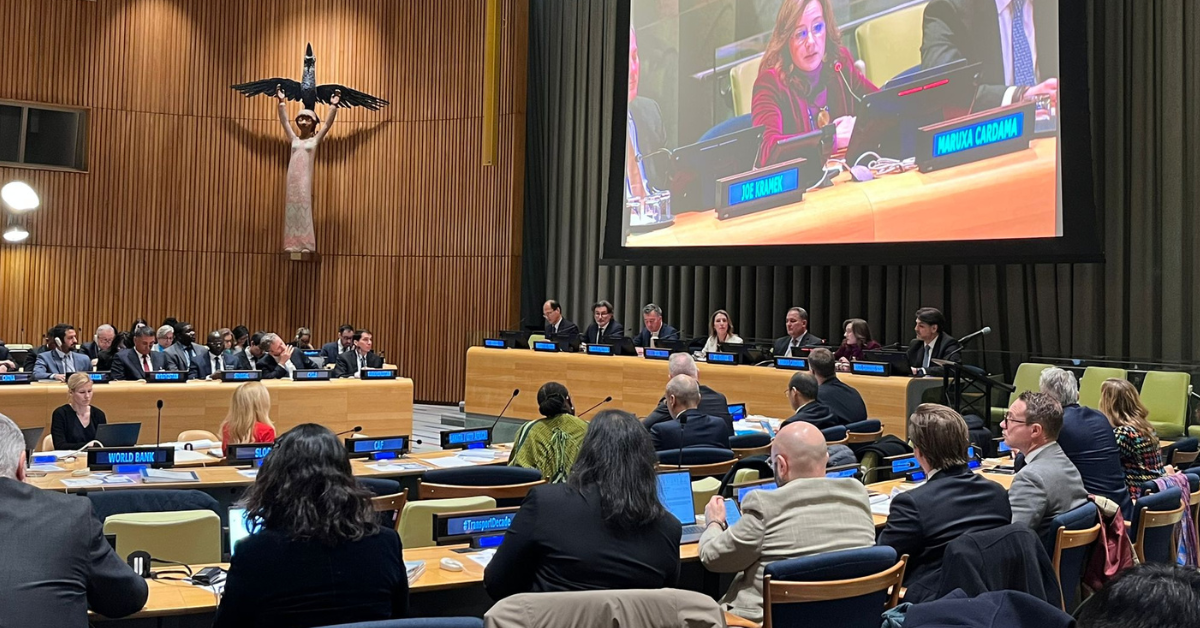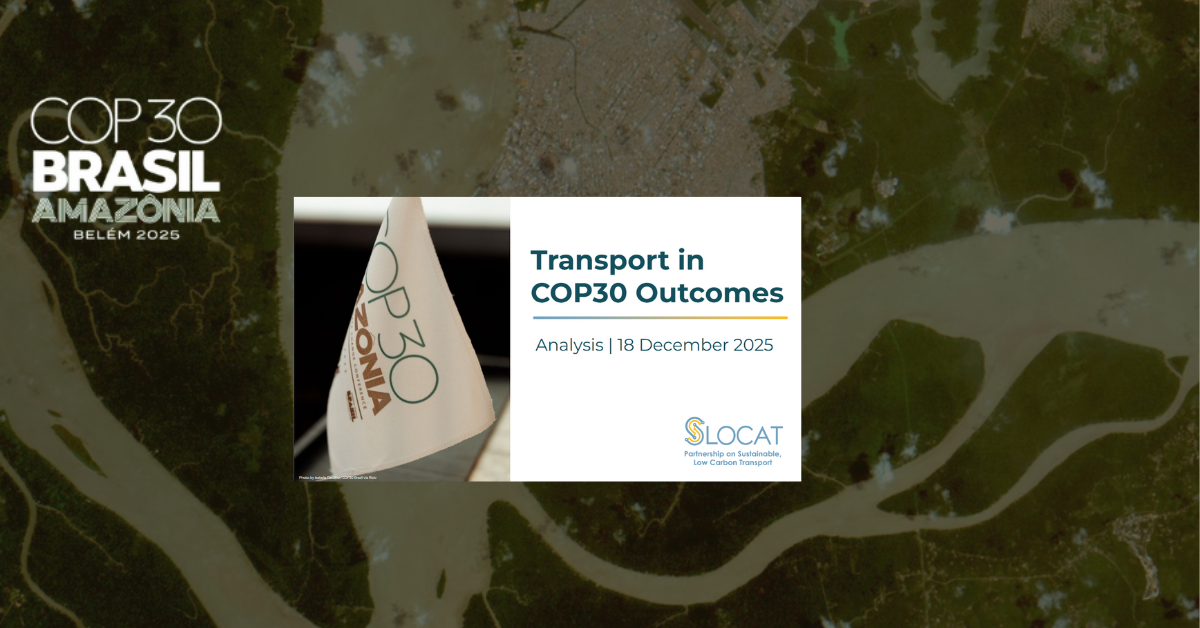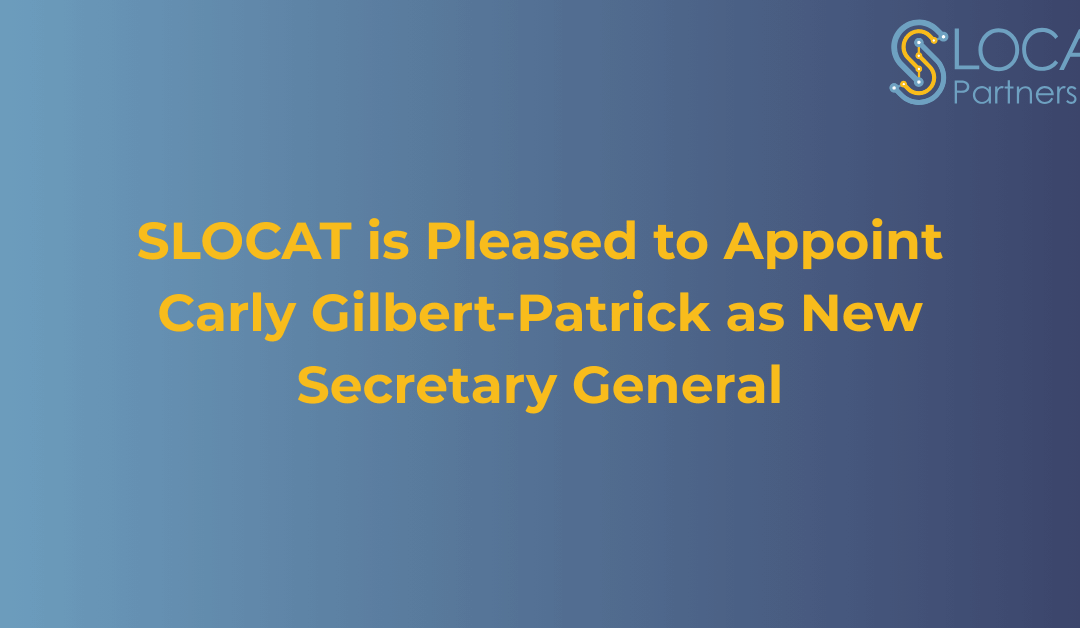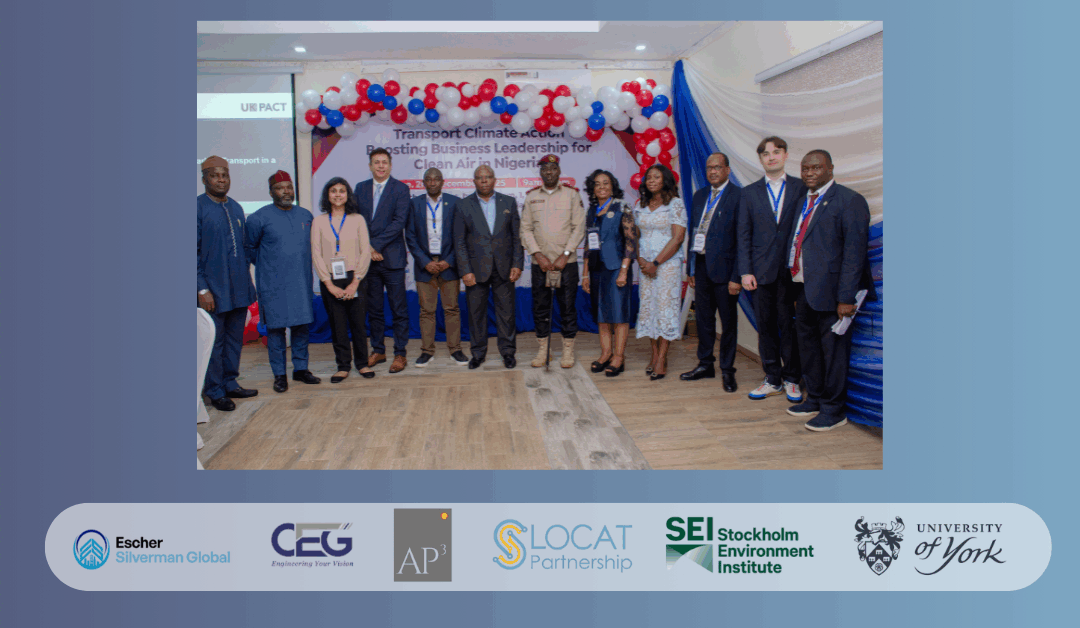Organizing partners: MICHELIN, SLOCAT Partnership on Sustainable, Low Carbon Transport and IDDRI (Institute for Sustainable Development and International Relations)
Date and time: October 15th, 9:30pm-10:30pm (CST) / 3:30-4:30pm (CEST)
Registration link: https://us02web.zoom.us/webinar/register/WN_p7Ah4hbyT-uHjqh-GMiCNw
Overview
Freight transport emissions represent currently about 10% of all energy-related emissions and 40% of global transport emissions and have grown continuously over the past years. To reverse this trend and reduce sectoral emissions, improving vehicles and fuels will not be sufficient. Deeply reducing emissions in this sector will require a larger spectrum of mitigation options, including systemic transformations.
Michelin sees this as a key topic for the Second Global Sustainable Transport Conference as taking strong action to drastically reduce freight-related emissions is extremely urgent given the current context. Moreover, this topic is not yet very well known or often addressed, despite companies’ growing interest in reducing their scope 3 emissions (which include freight-related emissions).
Indeed, private sector momentum to increase supply chain sustainability is growing as an increasing number of companies are making commitments to reach carbon neutrality by 2050. Nevertheless, the transformations that must occur in order to drastically reduce freight-related emissions as well as the strategies that must be implemented in order to operate these systemic transformations are still unclear for most actors.
Michelin with the support of Movin’On has therefore partnered with IDDRI and SLOCAT to delve deeply into this question with a community of private sector actors, mostly shippers or cargo owners. Through the activities organised with the community, the three partners have developed an initial understanding of the necessary transformations to implement and the challenges it represents.
This event is therefore an opportunity to showcase the role of companies in implementing these structural transformations to deeply reduce freight-related emissions and structure a conversation with public decision makers, companies, research institutes and NGOs.
Agenda (Provisional)
5 minutes: Welcome message
15 minutes: Framing presentation about company strategies aligned with carbon neutrality and the systemic transformations required
- Yann Briand, IDDRI
- Liza Castillo, SLOCAT Partnership on Sustainable Transport
35 minutes: Panel discussion on how to support structural transformations within multinationals with:
- Henri Waisman, co-author of IPCC Report « Global Warming of 1.5°C »
- Maruxa Cardama, Secretary General of SLOCAT Partnership (tbc)
- Pierre-Martin Huet, Senior Vice President Global Supply Chain at Michelin
- Yann de Feraudy, Deputy Managing Directions Operations & IT at Yves Rocher
[Q&A]
5 minutes: How do we take this discussion forward in our work?
- Yann Briand, IDDRI
- Mark Major, SLOCAT Partnership on Sustainable Transport









